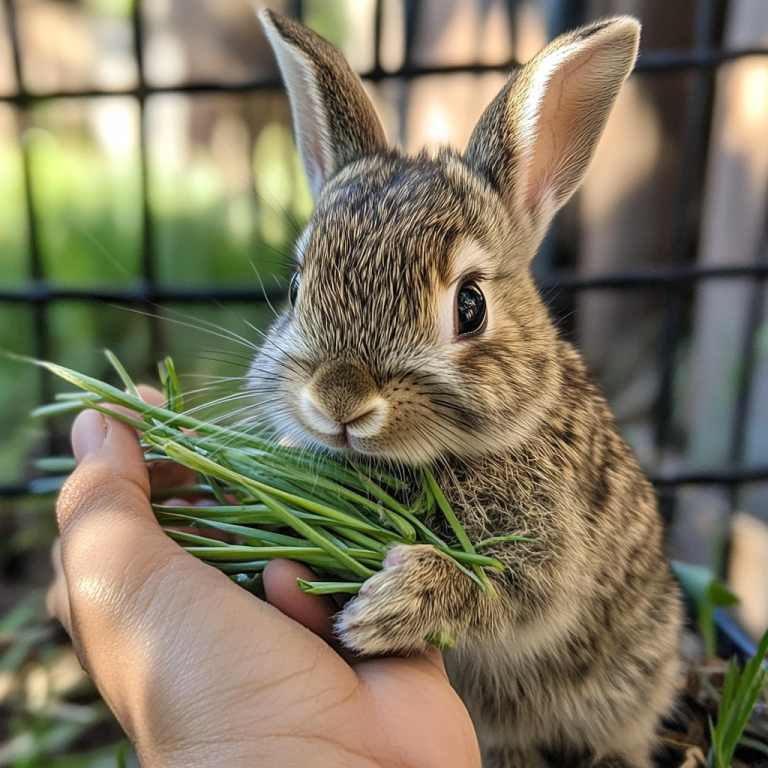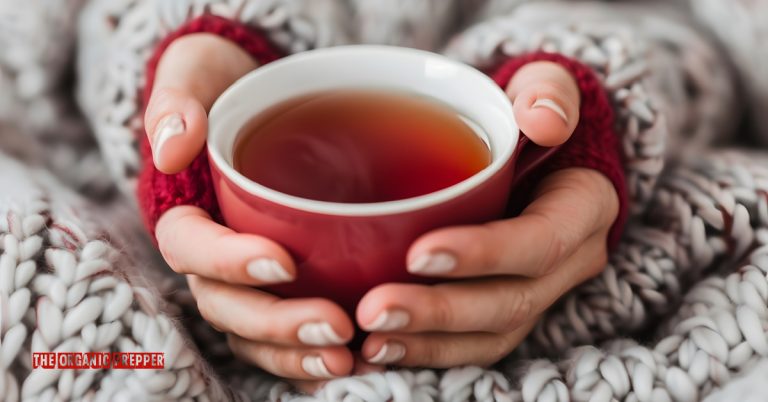Written by Bernie Carr
I’m starting autumn season planting in my Aerogarden and am including several herbs, some of them have can be used for home remedies. Fall is a great time to start or expand your apartment garden with medicinal herbs. These plants not only add greenery to your space but also offer a variety of health benefits, providing you with natural remedies for common ailments. Whether you’re a seasoned gardener or just starting, there are several medicinal herbs that thrive during the cooler months. This article will guide you through the best medicinal herbs to grow this fall, how to care for them, and their medicinal uses.
1. Thyme (Thymus vulgaris)
Benefits:
Thyme is a powerhouse herb with antibacterial, antifungal, and antiviral properties. It has been used for centuries to treat respiratory issues, coughs, and sore throats. Thyme is rich in antioxidants and can help boost your immune system during the cold and flu season.
Growing Tips:
- Sunlight: Thyme needs at least 6 hours of sunlight daily, making it ideal for a sunny windowsill.
- Watering: Water when the top inch of soil is dry, but avoid overwatering to prevent root rot.
- Harvesting: Harvest the leaves as needed, but avoid cutting more than one-third of the plant at a time.
Medicinal Use:
Make a soothing thyme tea by steeping fresh or dried thyme leaves in hot water for 5-10 minutes. This tea is excellent for relieving coughs and boosting respiratory health.
2. Chamomile (Matricaria chamomilla)
Benefits:
Chamomile is well known for its calming effects, making it a great herb for reducing stress, anxiety, and insomnia. Its anti-inflammatory properties also make it useful for treating digestive issues and skin irritations.
Growing Tips:
- Sunlight: Chamomile thrives in bright, indirect light.
- Watering: Keep the soil slightly moist, but be careful not to let it get waterlogged.
- Harvesting: Harvest the flowers when they are fully open, as they contain the highest concentration of beneficial compounds.
Medicinal Use:
To make chamomile tea, steep fresh or dried chamomile flowers in boiling water for 5 minutes. This tea can help you relax, ease indigestion, and promote restful sleep.
3. Lemon Balm (Melissa officinalis)
Benefits:
Lemon balm has antiviral and anti-anxiety properties. It’s commonly used to relieve stress, improve mood, and promote mental clarity. It can also be applied topically to cold sores to speed up healing.
Growing Tips:
- Sunlight: Lemon balm grows well in both full sun and partial shade.
- Watering: Keep the soil consistently moist but well-drained.
- Harvesting: Pinch off leaves regularly to encourage bushier growth.
Medicinal Use:
Lemon balm tea is perfect for reducing stress and improving sleep. Additionally, applying crushed lemon balm leaves to your skin can soothe cold sores and other skin irritations.
4. Peppermint (Mentha × piperita)
Benefits:
Peppermint is a versatile herb known for its digestive benefits. It helps relieve indigestion, gas, and bloating. Its cooling effect also makes it useful for treating headaches and muscle pain.
Growing Tips:
- Sunlight: Peppermint prefers partial shade but can also grow in bright, indirect light.
- Watering: Keep the soil moist, as peppermint enjoys more water than other herbs.
- Harvesting: Regularly trim the plant to encourage growth and prevent it from becoming leggy.
Medicinal Use:
Peppermint tea made from fresh or dried leaves is great for soothing an upset stomach and reducing nausea. You can also apply peppermint oil to your temples for headache relief.
5. Sage (Salvia officinalis)
Benefits:
Sage has potent antimicrobial properties, making it useful for treating sore throats and respiratory infections. It’s also known for its ability to enhance memory and cognitive function.
Growing Tips:
- Sunlight: Sage requires 6-8 hours of direct sunlight daily.
- Watering: Allow the soil to dry between waterings, as sage is drought-tolerant.
- Harvesting: Harvest the leaves as needed, but avoid cutting back too much at once to keep the plant healthy.
Medicinal Use:
Sage tea can be used to gargle for sore throats or to drink to boost memory and concentration. It also helps with digestive issues like bloating and gas.
6. Echinacea (Echinacea purpurea)
Benefits:
Echinacea is renowned for its immune-boosting properties. It helps reduce the duration of colds and flu and has anti-inflammatory effects that can help with pain relief.
Growing Tips:
- Sunlight: Echinacea thrives in full sunlight.
- Watering: Keep the soil moderately moist, but let it dry out slightly between waterings.
- Harvesting: Use both the leaves and flowers for medicinal purposes, harvesting them once they are fully matured.
Medicinal Use:
Echinacea tea or tincture is commonly used to enhance the immune system and fight off colds and infections. Drinking this regularly during flu season can help reduce symptoms.
7. Calendula (Calendula officinalis)
Benefits:
Calendula is known for its powerful skin-healing properties. It’s often used in salves and creams to soothe rashes, burns, and wounds. It also has antifungal and antibacterial effects, making it useful for treating skin infections.
Growing Tips:
- Sunlight: Calendula prefers bright light but can tolerate partial shade.
- Watering: Keep the soil evenly moist.
- Harvesting: Harvest the flowers regularly to encourage continuous blooming.
Medicinal Use:
Use dried calendula petals in teas or as a topical ointment. Calendula tea is helpful for digestive issues, while calendula-infused oil or salve can be applied to cuts and scrapes for faster healing.
8. Lavender (Lavandula angustifolia)
Benefits:
Lavender is well-known for its calming effects, making it an excellent choice for reducing anxiety, stress, and promoting sleep. It also has antimicrobial properties that help treat minor burns and skin irritations.
Growing Tips:
- Sunlight: Lavender needs plenty of direct sunlight, ideally 6-8 hours a day.
- Watering: Let the soil dry out between waterings, as lavender prefers drier conditions.
- Harvesting: Harvest the flowers as they begin to open, and dry them for future use.
Medicinal Use:
Lavender tea helps reduce anxiety and promotes relaxation. You can also use lavender essential oil to soothe headaches and improve sleep quality.
Conclusion
Growing medicinal herbs in your apartment garden this fall is a rewarding and practical way to enhance your well-being. Herbs like thyme, chamomile, and peppermint not only provide natural remedies for common ailments but are also easy to grow in small spaces. With a little care and attention, you’ll have a thriving indoor garden that supports both your health and your living space’s atmosphere.
We are an affiliate of Amazon.com, which means we received a small commission if you click through one of our Amazon links when you shop, at totally no cost to you. This helps keep the lights on at the blog. Thanks!
About the author
Bernie Carr is the founder of Apartment Prepper. She has written several books including the best-selling Prepper’s Pocket Guide, Jake and Miller’s Big Adventure, The Penny-Pinching Prepper and How to Prepare for Most Emergencies on a $50 a Month Budget. Bernie’s latest e-book, FRUGAL DIY has just been released on Amazon. Her work appears in sites such as the Allstate Blog and Clark.com, as well as print magazines such as Backwoods Survival Guide and Prepper Survival Guide. She has been featured in national publications such as Fox Business and Popular Mechanics. Learn more about Bernie here.
FB: https://www.facebook.com/apartmentprepper
Instagram: https://www.instagram.com/apartmentpreppers/
Twitter: https://twitter.com/AptPrepper
YouTube: https://www.youtube.com/channel/UC7vOtdbo-wiBeBxD6puCr1Q
Patreon: https://patreon.com/apartmentprepper
Pinterest: https://www.pinterest.com/aptprepper/
Today’s societal climate not supportive of prepping. With your help, we can keep bringing you content that is often suppressed. Help keep Apartment Prepper alive.
Join me on Patreon for ad-free content.

Or Help out via Paypal
















